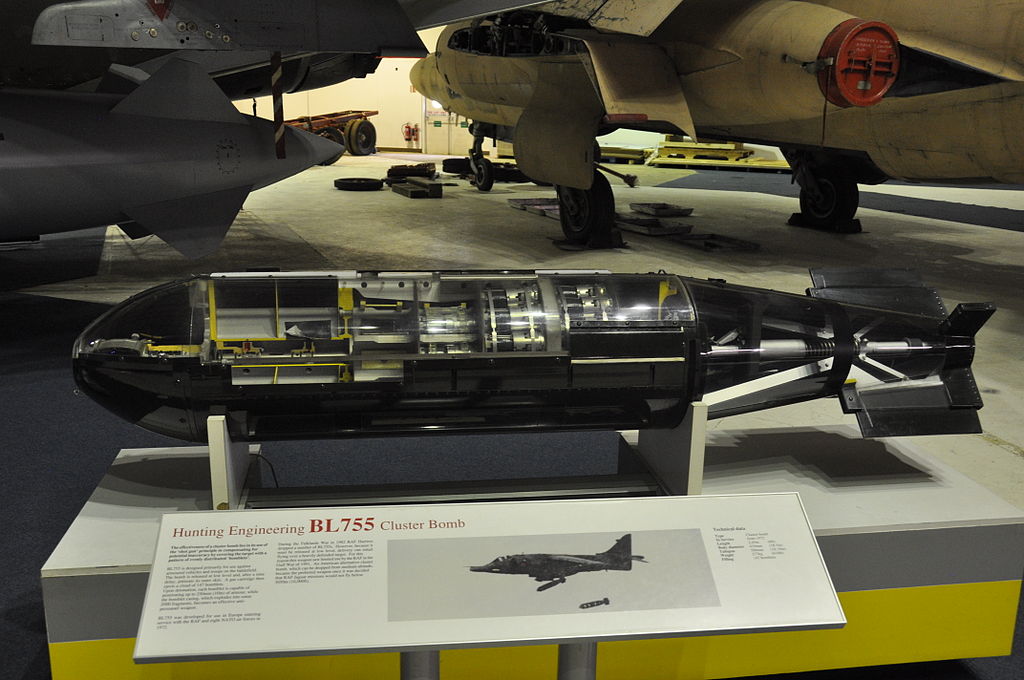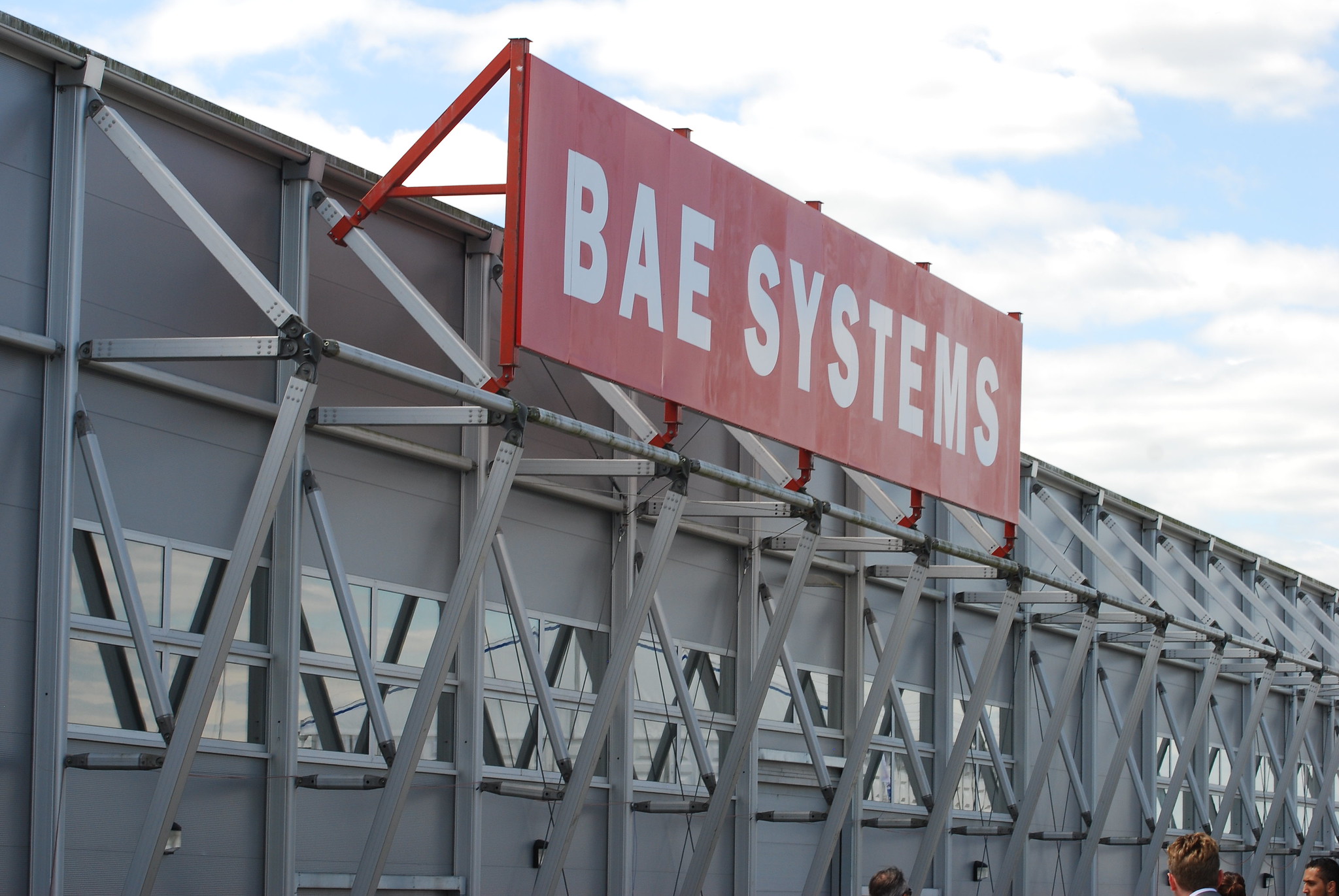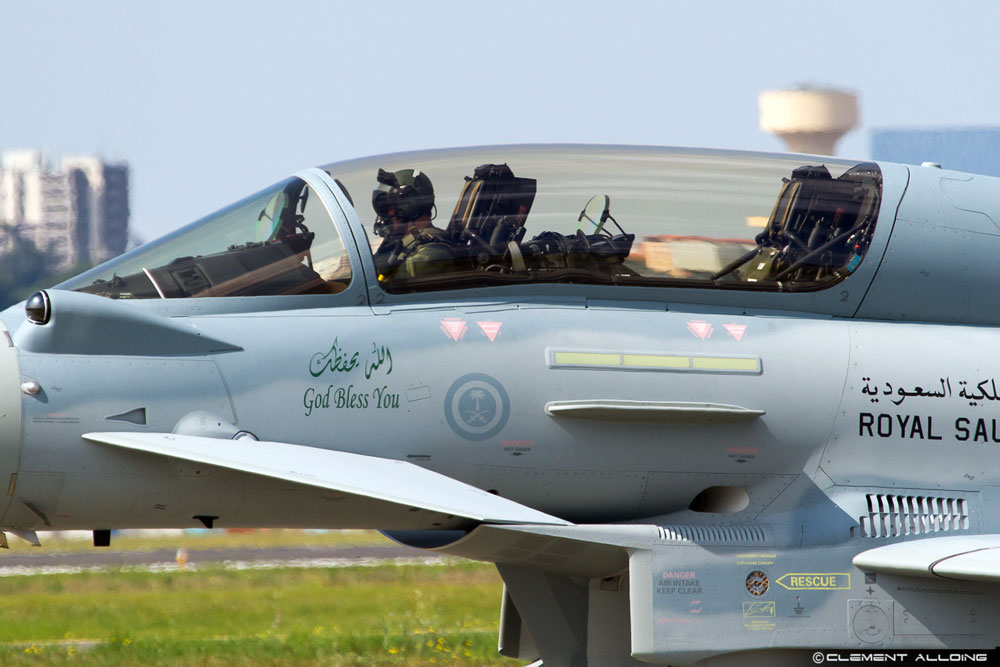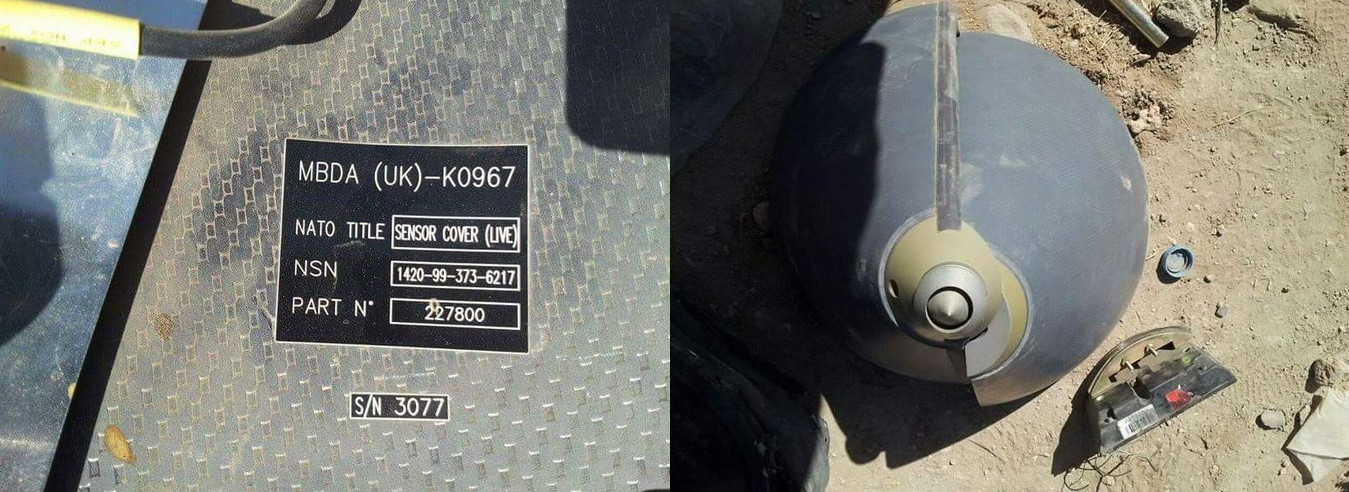Evidence of the use of UK-made cluster bombs in Yemen emerged in May 2016. After months of denial, the UK government finally admitted that UK-made cluster bombs had been used – yet still tried to defend their use by claiming that they had been used against legitimate military targets.
- January 2016: Amnesty International published evidence of the use of UK-made cluster bombs in Yemen and wrote to the then Prime Minister, David Cameron, and other senior officials demanding a full Government inquiry.
- May 2016: The Government at first insisted it had no evidence that UK cluster bombs had been used and suggested the bombs found were used in an earlier conflict. Minister for Defence Procurement, Philip Dunne, told Parliament on 24 May that “based on all the information available to us, including sensitive coalition operational reporting, we assess that no UK-supplied cluster weapons have been used, and that no UK-supplied aircraft have been involved in the use of UK cluster weapons, in the current conflict in Yemen.” When asked “under what circumstances would the Government actually suspend sales of arms to Saudi Arabia?” Dunne said, “This is an allegation. There are a number of allegations of potential violations of international humanitarian law. If investigations lead to clear evidence, that evidence will have to be taken into account whenever an arms export licence is presented and where that information is relevant.”
- 3 November 2016: Challenged by ITV News, Saudi Arabian spokesperson, Major General Ahmed Asseri, claimed photographs of UK-made cluster bombs were “manipulation” and suggested they may have been deployed in an earlier conflict in 2009. He claimed Saudi stocks of British cluster bombs were “obsolete” and had been destroyed and that “Tornado strike aircraft were not configured to drop the weapons in any case.”
- 16 December 2016: The Government makes a statement to Parliament, admitting that Saudi Arabia had confirmed that UK cluster bombs had been dropped: “The coalition confirmed earlier today that a limited number of BL755 cluster munitions that were exported from the UK in the 1980s were dropped in Yemen, including by a coalition aircraft in the incident alleged by Amnesty International not far from the Saudi border.” Even then, the Defence Secretary defended their use by claiming that they had been used against
legitimate military targets.




